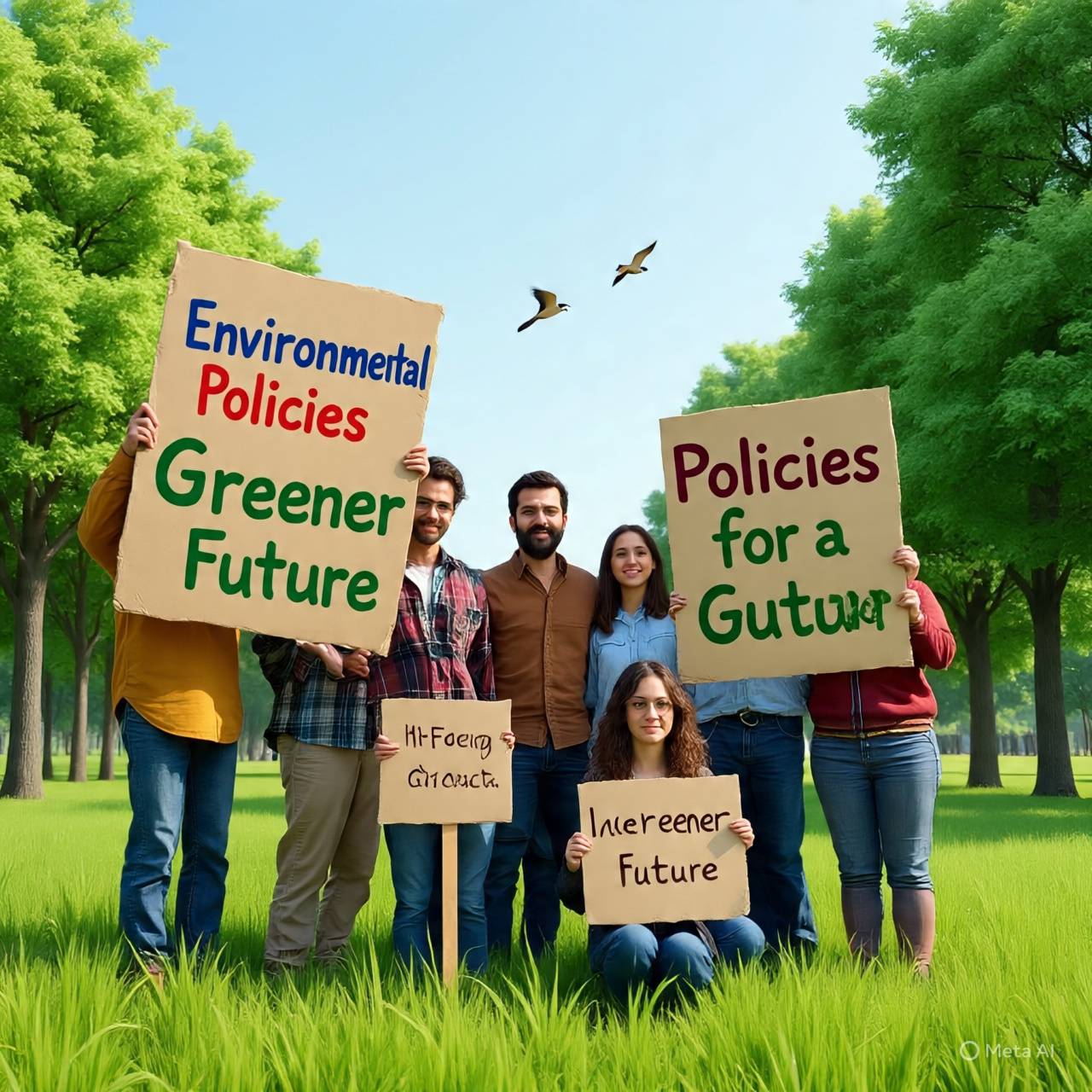The implementation of effective environmental policies is crucial for addressing global challenges like climate change, biodiversity loss, and pollution. Governments worldwide are adopting policies to reduce carbon emissions, promote renewable energy, and protect natural resources. These policies aim to balance economic growth with environmental sustainability, ensuring a greener future for upcoming generations.
Environmental policies often focus on reducing greenhouse gas emissions through measures like carbon pricing, emission caps, and promoting clean energy technologies. For instance, the European Union's Green Deal aims to make Europe climate-neutral by 2050 by cutting emissions and investing in green technologies (European Commission, 2019). Renewable energy targets in countries like Germany and Denmark show how policy can drive shifts away from fossil fuels. Policies encouraging electric vehicles and energy-efficient buildings also contribute to lowering emissions.
Biodiversity protection is another key aspect of environmental policies. Laws like the U.S. Endangered Species Act work to preserve threatened species and their habitats (U.S. Fish and Wildlife Service, 2020). International agreements like the Convention on Biological Diversity emphasize global cooperation to protect ecosystems. Policies to reduce plastic pollution, like bans on single-use plastics in some countries, target waste management issues impacting oceans and wildlife.
Despite progress, environmental policies face challenges like political resistance, economic concerns, and enforcement difficulties. Balancing immediate economic interests with long-term environmental goals requires careful policy design. Public awareness and participation in environmental decision-making can enhance policy effectiveness. Collaboration between governments, businesses, and communities is essential for implementing impactful policies.
The effectiveness of environmental policies often depends on mechanisms for monitoring and accountability. Tools like environmental impact assessments help evaluate policy outcomes. Research indicates well-designed policies can achieve significant environmental benefits without hindering economic growth (OECD, 2020). As environmental challenges grow more urgent, strengthening policies and international cooperation will be key to achieving sustainability goals.
Future environmental policies may increasingly leverage technology like AI for monitoring and optimizing environmental management. Public engagement and green finance mechanisms will also shape policy outcomes. The path to a greener future requires integrating environmental considerations into all policy areas, from agriculture to urban planning.




No comments yet
Be the first to share your thoughts!